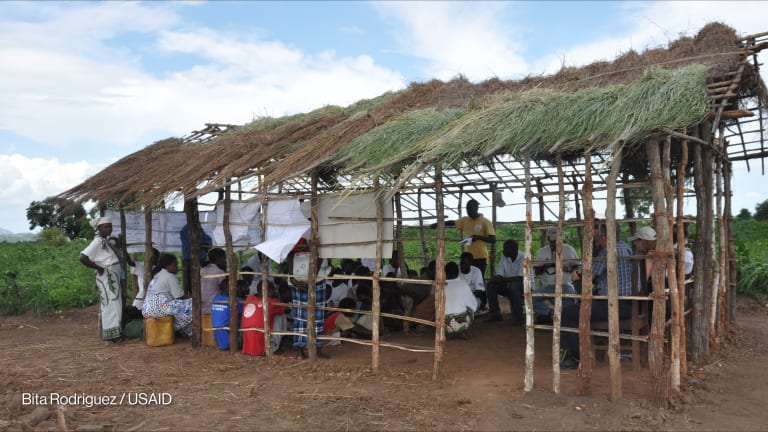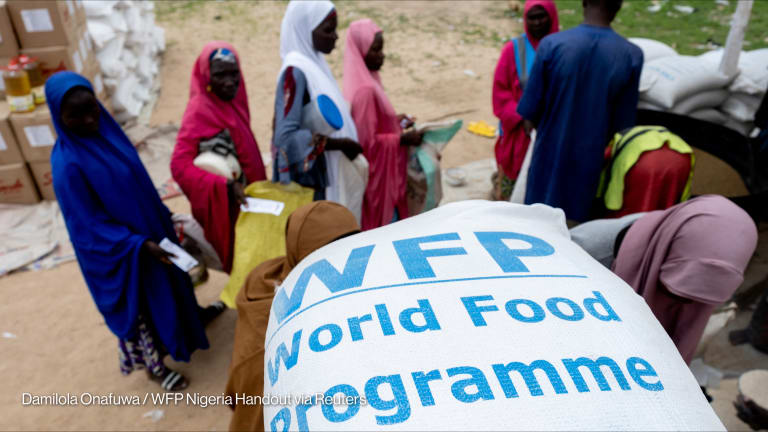
Coordination of the U.S. government’s global food programs, led by the U.S. Agency for International Development, could “be improved” to maximize the distribution of food aid to lower-income nations, according to a new report from a government watchdog.
The Government Accountability Office report found that while USAID “generally followed most leading practices for collaboration,” it could improve in two ways.
Get the inside track on how agriculture, nutrition, sustainability, and more are intersecting to remake the global food system in this weekly newsletter.
The USAID administrator should ensure that coordinators at U.S. missions in target countries of the Global Food Security Strategy — a five-year document that was updated in 2021 — guarantee “that all relevant U.S. agencies are included in the planning and coordination of food security assistance,” GAO said.
The administrator should also “work with other participants in the GFSS Interagency to establish a mechanism, such as a shared database, to ensure that each agency has ready access to information about the other agencies’ current and planned U.S. global food security assistance.”
The Global Food Security Act of 2016 mandates that the U.S. coordinate the development and implementation of a “whole-of-government global food security strategy,” GAO wrote.
While USAID leads the food security programming, seven other agencies play key roles implementing the strategy: the Agriculture Department, the State Department, the Treasury Department, the Millennium Challenge Corporation, the U.S. African Development Foundation, the Inter-American Foundation, and the U.S. International Development Finance Corporation.
According to the GAO report, the eight agencies provided the bulk of U.S. global food funding between fiscal years 2012 and 2020, totaling approximately $18 billion.
To assess performance, GAO oversaw a review of programs in four countries — Bangladesh, Guatemala, Kenya, and Niger — which were selected on the basis of funding levels and geographic diversity, among other factors. The audit was conducted via written questions and answers between November 2020 and June 2022, and it involved officials from food agencies in the four countries, as well as multilateral organizations and implementing partners.
In places where the eight agencies did not have a presence at the country level, they “did not have the opportunity to fully participate in collaborative mechanisms designed to create a whole-of-government approach to food security efforts in particular countries,” the report found.
USAID accepted the GAO recommendations for improving coordination around GFSS programming.
USAID will work to “ensure all relevant U.S. agencies are included in the planning and coordination of food security assistance through joint planning efforts, especially around the upcoming Global Food Security Strategy (GFSS) country plan development process,” it said in comments included within the GAO report.
USAID also said it will also determine whether expanded reporting or a shared database can effectively track global food security assistance.

Search for articles
Most Read
- 1
- 2
- 3
- 4
- 5








